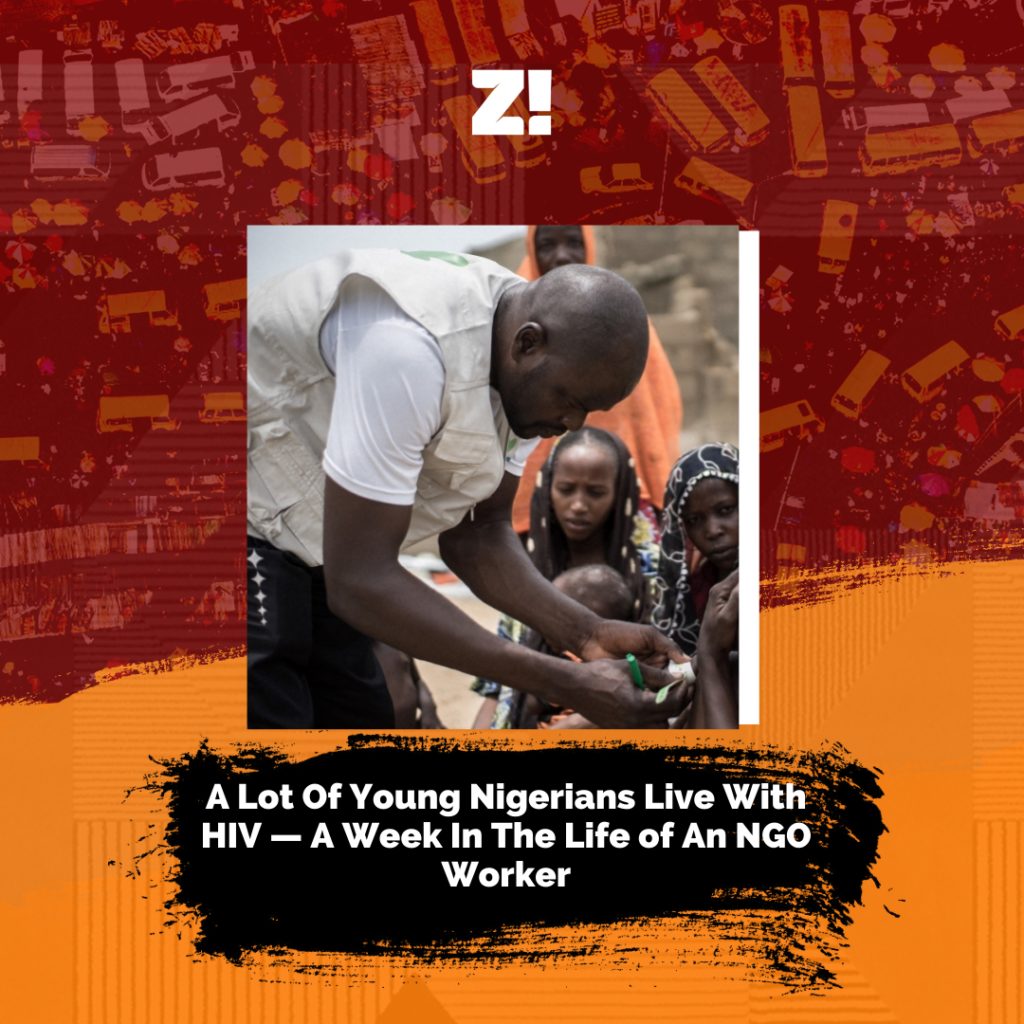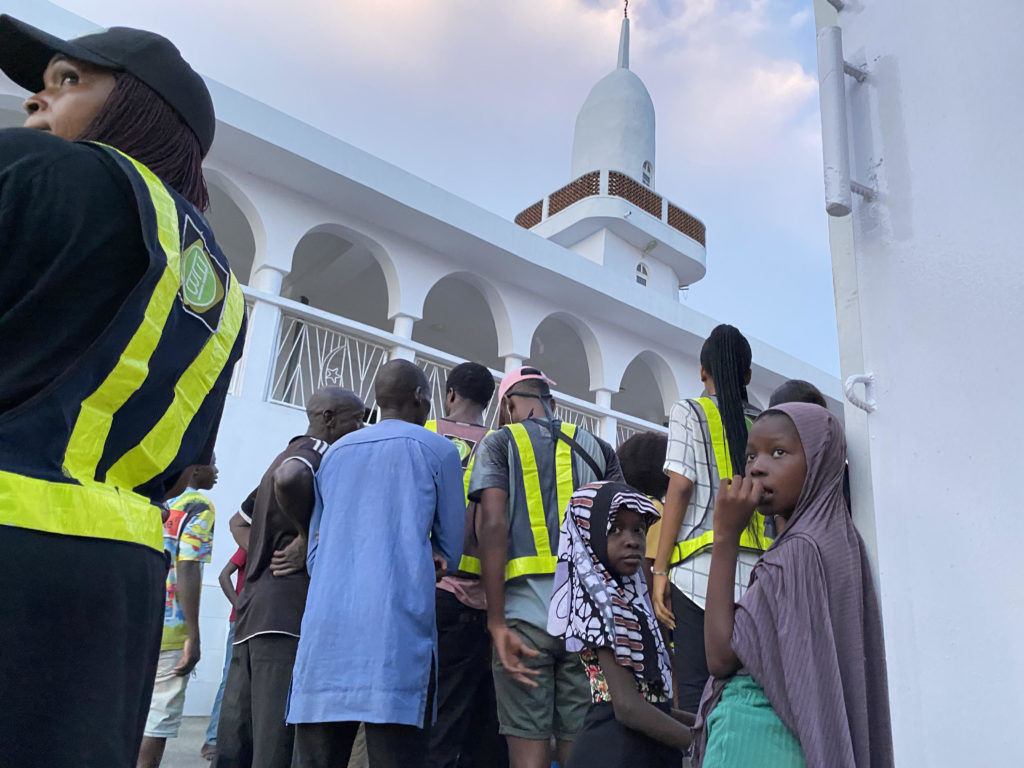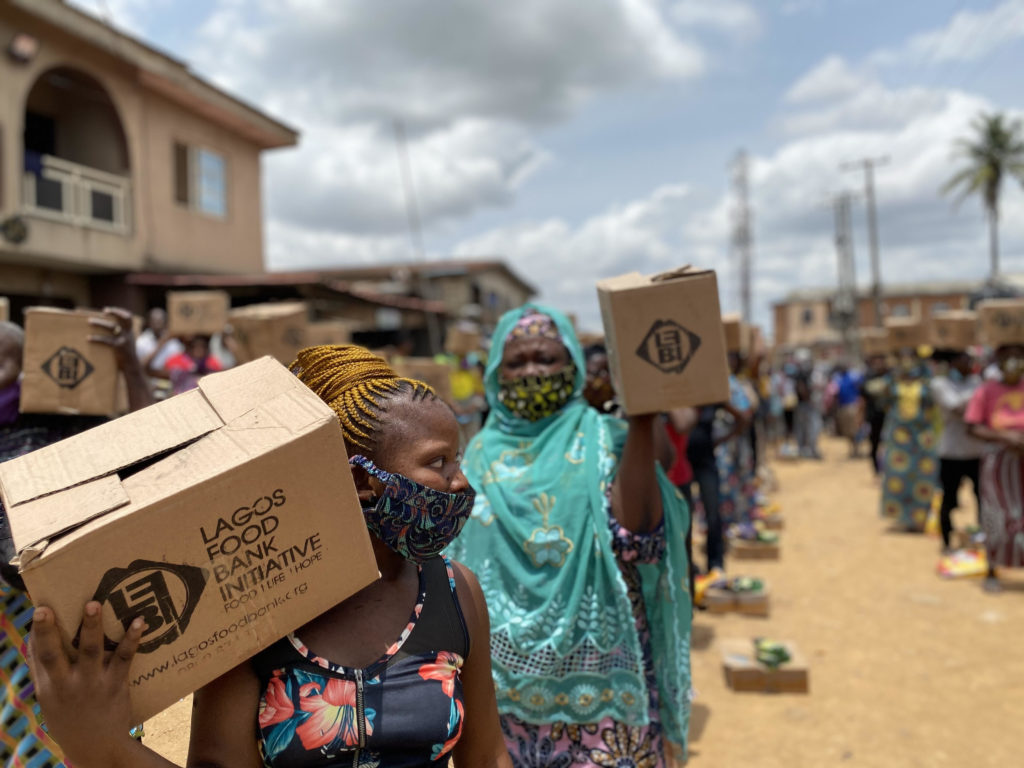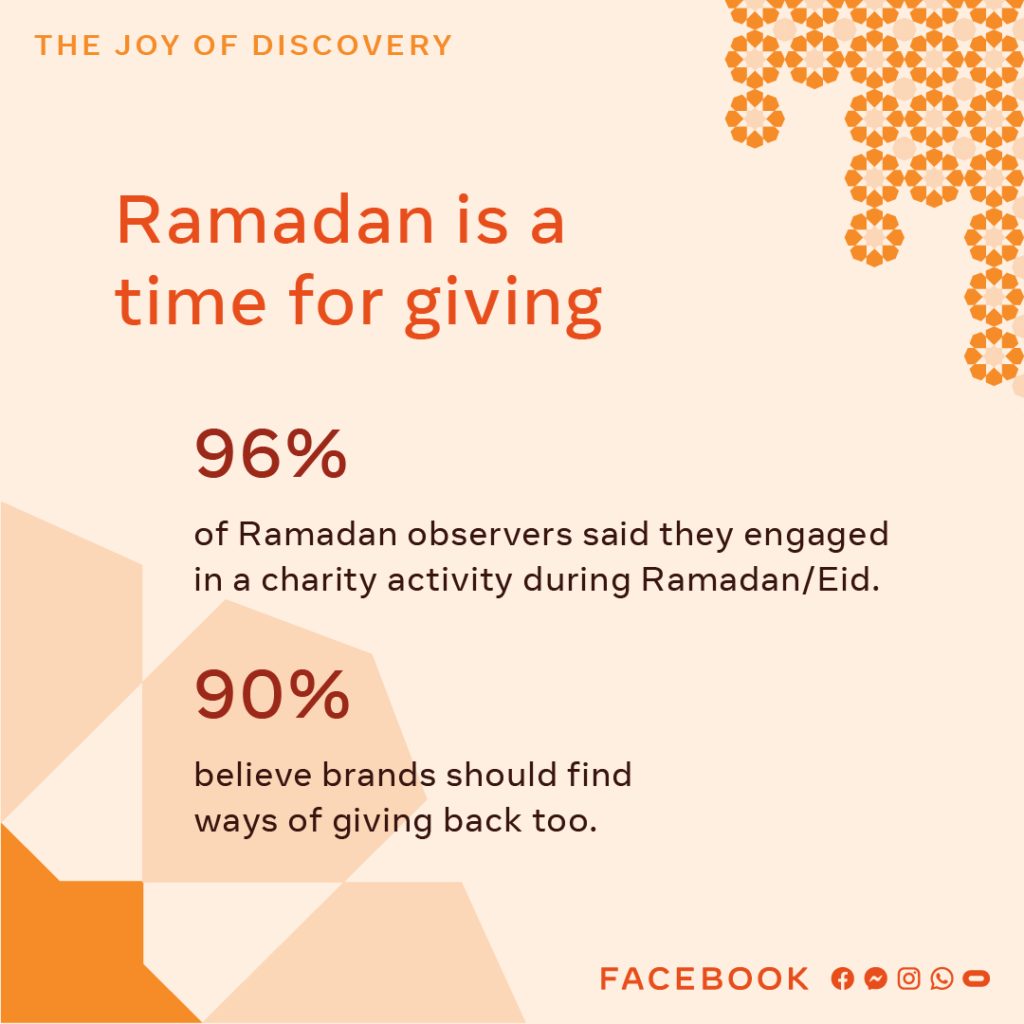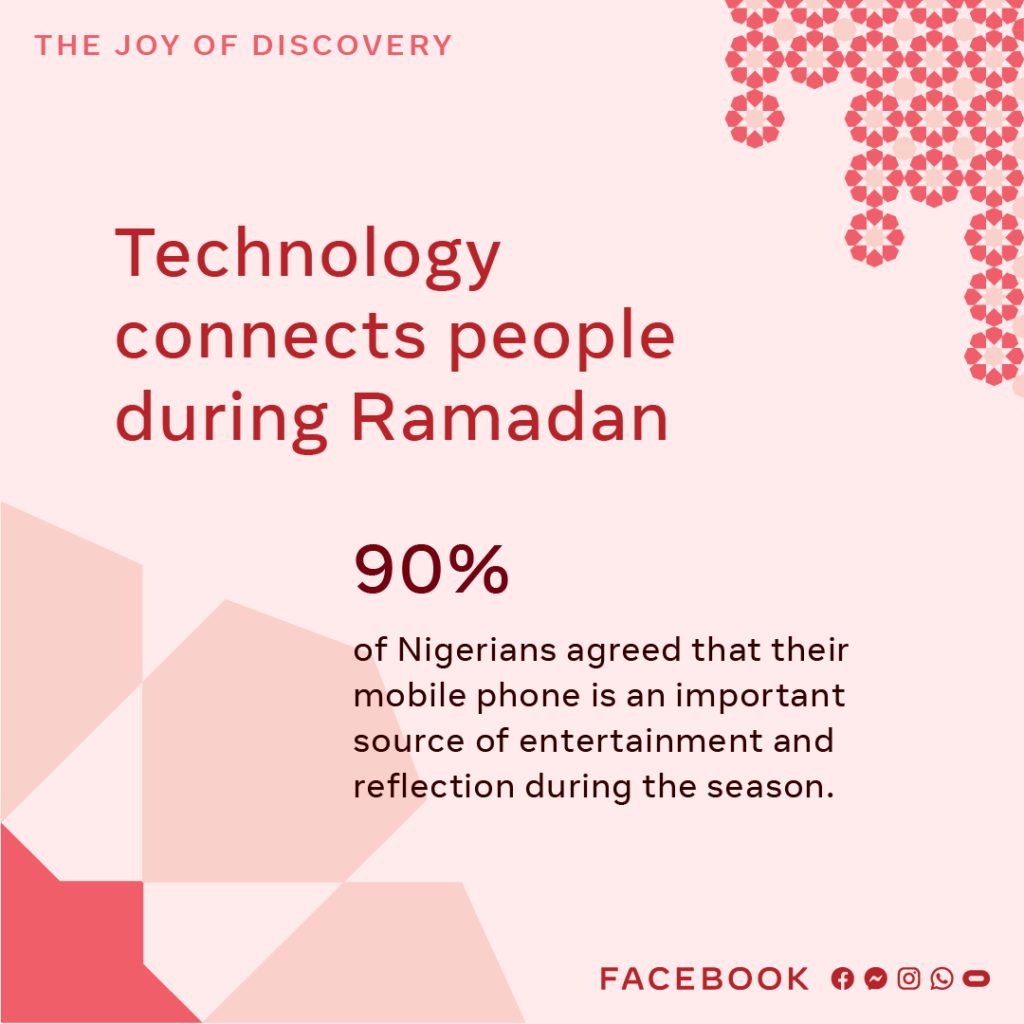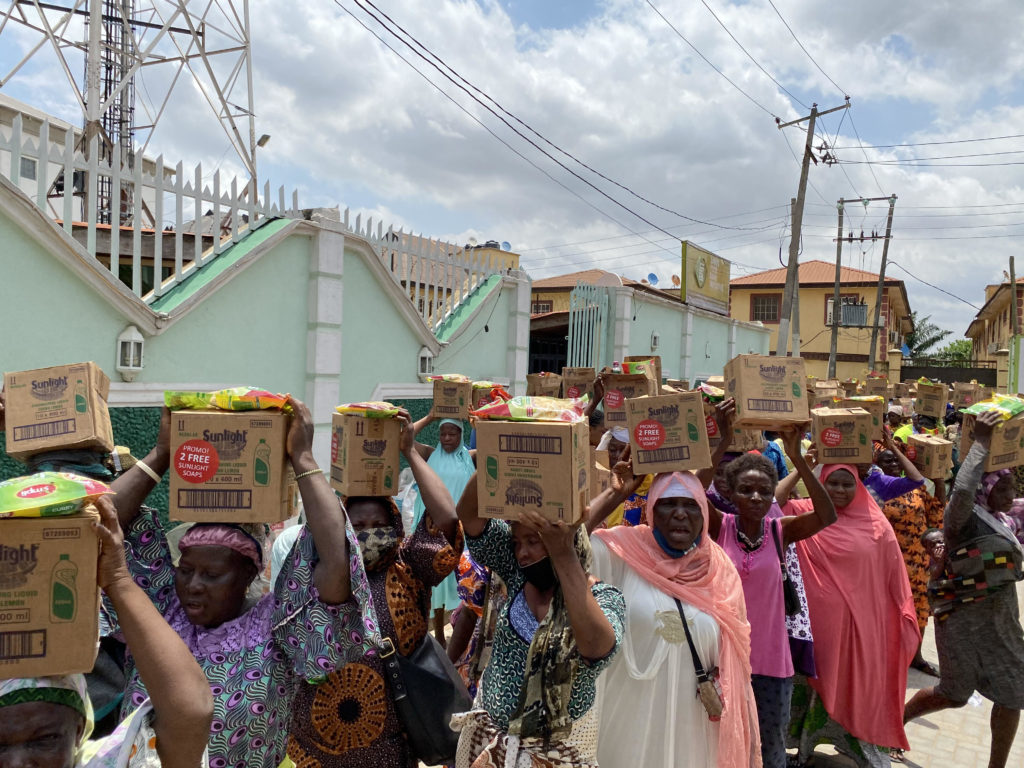A Week In The Life” is a weekly Zikoko series that explores the working-class struggles of Nigerians. It captures the very spirit of what it means to hustle in Nigeria and puts you in the shoes of the subject for a week.
The subject of today’s “A Week In The Life” used to work at an NGO until 5 months ago when his contract expired. While waiting for renewal, he tells us about struggling to adjust to a new reality, missing his old job, and how much life can change in less than a year.
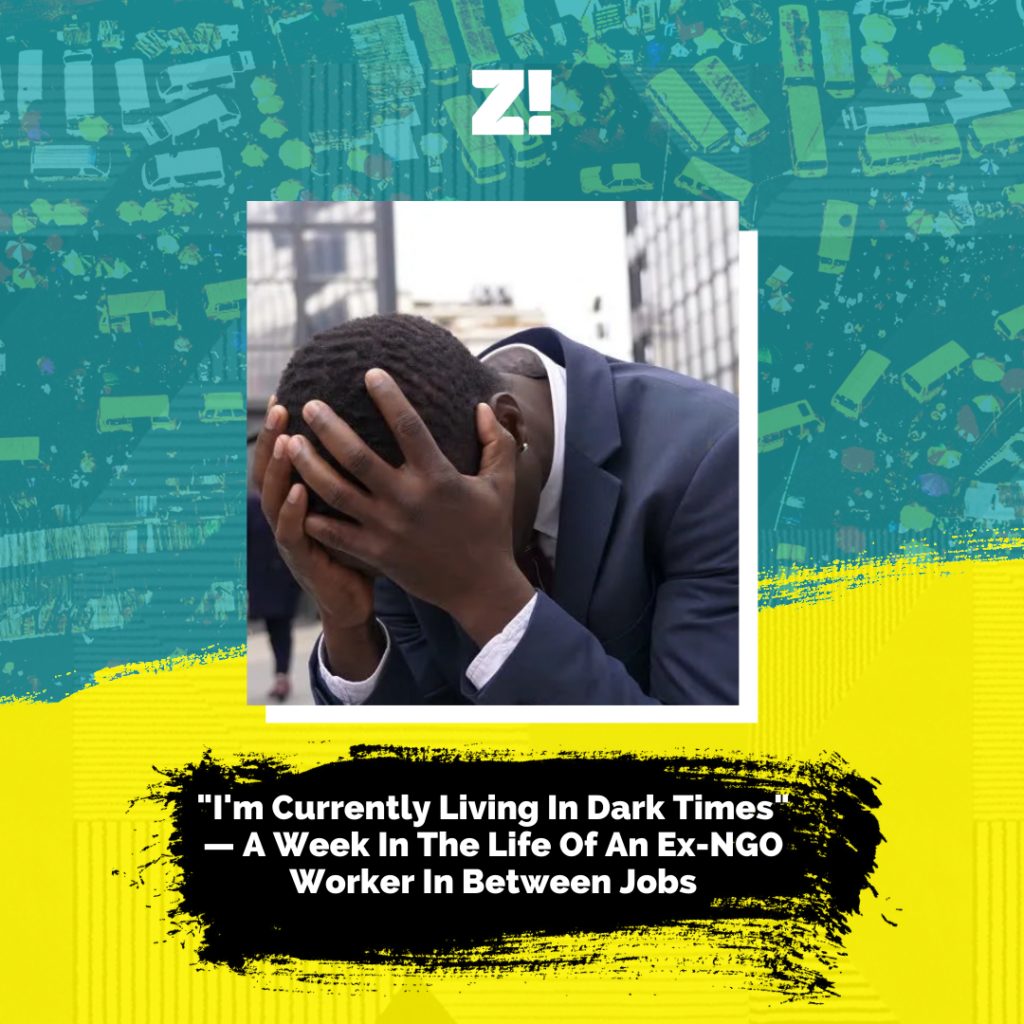
MONDAY:
The first thought on my mind when I wake up this morning is that I miss my old life. I miss being a contract staff for an NGO partnering with the World Bank to change the fortunes of underserved communities in North Central states. I miss the money that came with the job and the sense of fulfilment after each project. I miss my colleagues and most importantly, I miss the identity that came with working for an NGO, especially when visiting communities.
After spending 10 minutes reminiscing, I pull myself up and prepare to face the day. The first thing I do is have a bath, followed by prayers and then I eat. While dressing up, I hear my wife in the other room preparing the kids for school. I now work as an Uber driver. On most days I leave the house before my kids are awake and I get home when they’re asleep.
But today is different. Unlike big cities such as Lagos, Portharcourt or Abuja, Mondays are a slow day in my city. Instead of leaving the house around 7:00 a.m., I decide to stay in a bit later today. I plan to use this “extra” time to take my kids to school and spend time bonding with them. After dropping them off, and armed with the mental picture of their innocent smiles, I intend to squarely face my day.
TUESDAY:
It’s 4:00 p.m. and I’ve only completed three trips today. One trip was ₦300, another one ₦500 and the last one was ₦500. ₦1,300 is all I have to show after leaving my house as early as 7:00 a.m. today.
This is not right.
I regret ever thinking that being an Uber driver was a big man’s job. I was deceived by the idea that you’ll just sit in your car and drive around while earning cool cash. If anything, driving is tedious and leaves me using painkillers — which I never had to use at my old NGO job.
In my old life, I’d get to work by 8:00 a.m. and be back home by 5:00 p.m and still get paid handsomely for my time. Now, I mostly leave the house by 7:00 a.m., I get home by midnight and I barely make ₦3,000 at the end of the day. My only saving grace is that I’m the owner of the car. I could actually die if I had to pay some car owner out of this ₦3,000.
Before I can continue with my train of thought, my driver app notifies me of a new passenger request. On arriving at the pickup point, the passenger turns out to be a colleague from my “real” job and so we exchange warm hugs and knowing sighs.
During the trip, I can’t help but tell my colleague about the time we went to fix transformers in some community in Kwara state. According to the villagers, the spot we chose to install the transformer was a meeting point for their witches and wizards. And passing light to the village, through that spot, meant that their witches and wizards could no longer have meetings. Naturally, we laughed it off. But it wasn’t funny when the transformer caught fire three weeks later. We replaced it. But the replacement also got burnt again. It wasn’t until after the third replacement before we finally agreed to move the transformer so we could co-exist with their witches and wizards in peace.
My colleague’s trip ends before I get the chance to dive into more stories. As we part ways; him to his house and me to my next trip, I can’t help but feel happy-sad. Happy that I got to relive the good old days and sad because of my current situation.
Regardless, the trip has been the highlight of a frustrating day.
WEDNESDAY:
I’m having another slow day and I’m now dreading going back home. Since I got a salary cut, my wife has been completely understanding and supportive, however, I’ve been uncomfortable. First came the cuts on household luxuries — goodbye DSTV Explora, goodbye excess generator use. Next, came the cut on the snacks for the kids; bye-bye ice cream and hello gala, and that’s on good days. Now, I’ve cut down money for food for the house from ₦50,000 to ₦20,000 — and it’s a struggle to meet this figure monthly.
When I took the NGO job 5 years and 8 months ago, I was told it was a contract job open to renewal every 4 years. What I didn’t know was how long it takes between each renewal cycle. Our contract expired 5 months ago and my colleagues and I have been waiting for renewal ever since. In that time, I’ve gone into panic mode seeing my savings go from healthy to sickly and that’s why I picked up the Uber job. Junior colleagues who weren’t so lucky to own a car had to resort to various menial jobs.
But the truth is that we’re all suffering, regardless of whatever each person is doing to survive.
I have gone from someone who didn’t think too much about money to calculating every naira that goes in and out of my account. I’ve gone from sending my parents money to going to their house to pick up rice, yam and garri for my house. I’m not ashamed to lean on my parents for help but for someone who has tasted life, I’m currently living in dark times.
THURSDAY:
Today, I’ve decided to stop fixating on the past and instead concentrate on the present. I am an Uber driver and not an ex-NGO worker. As long as I keep looking back, I won’t be able to do what’s in front of me well because I’ll always be seeing the job as a means to an end.
Yes, the job is tedious, annoying, frustrating, but it’s what feeds me for now. And I must treat it as such.
However, it’s not easy maintaining this resolution because I keep wondering about the plans I have for when my contract gets renewed. First, I’ll save up ₦2M to buy a Federal Government job as a safety net for when the next contract expires; it’s not glorious work but that’s my buffer during the next renewal period. Next, I’ll start looking for other sources to diversify my income.
In my head, I can’t help but think that the best thing to do is to take the Uber job seriously for now while still waiting for the contract renewal. After all, I can’t afford not to because of all the bills — NEPA, rent, school fees, gas — on the ground.
I haven’t thought about the future for now but an ideal “happy ever after” for me is one where my contract gets renewed or I meet a helper who removes me from this condition.
FRIDAY:
Friday to Sunday are the peak days for us in this town because students will go out, workers will go clubbing and weddings will happen. So while everyone is doing TGIF, my own week is just truly beginning. These three days are half exciting and half tedious but they make me feel useful and occupy me so much that I don’t have time to think.
On my journey to work today, I listen to a sermon that talks about gratitude amid adversity. Following their advice, I list all the things I’m grateful for:
- I’m grateful for a supportive wife and family.
- I’m grateful for caring parents who support me.
- I’m grateful for owning my car and not having to pay anyone money.
- Most importantly, I’m grateful for good health that hasn’t wiped my small savings.
Check back every Tuesday by 9 am for more “A Week In The Life ” goodness, and if you would like to be featured or you know anyone who fits the profile, fill this form.



